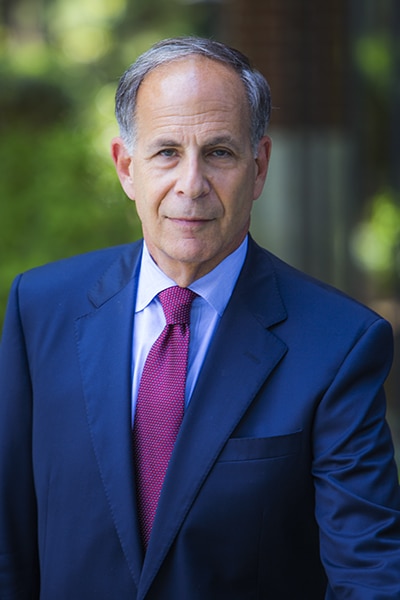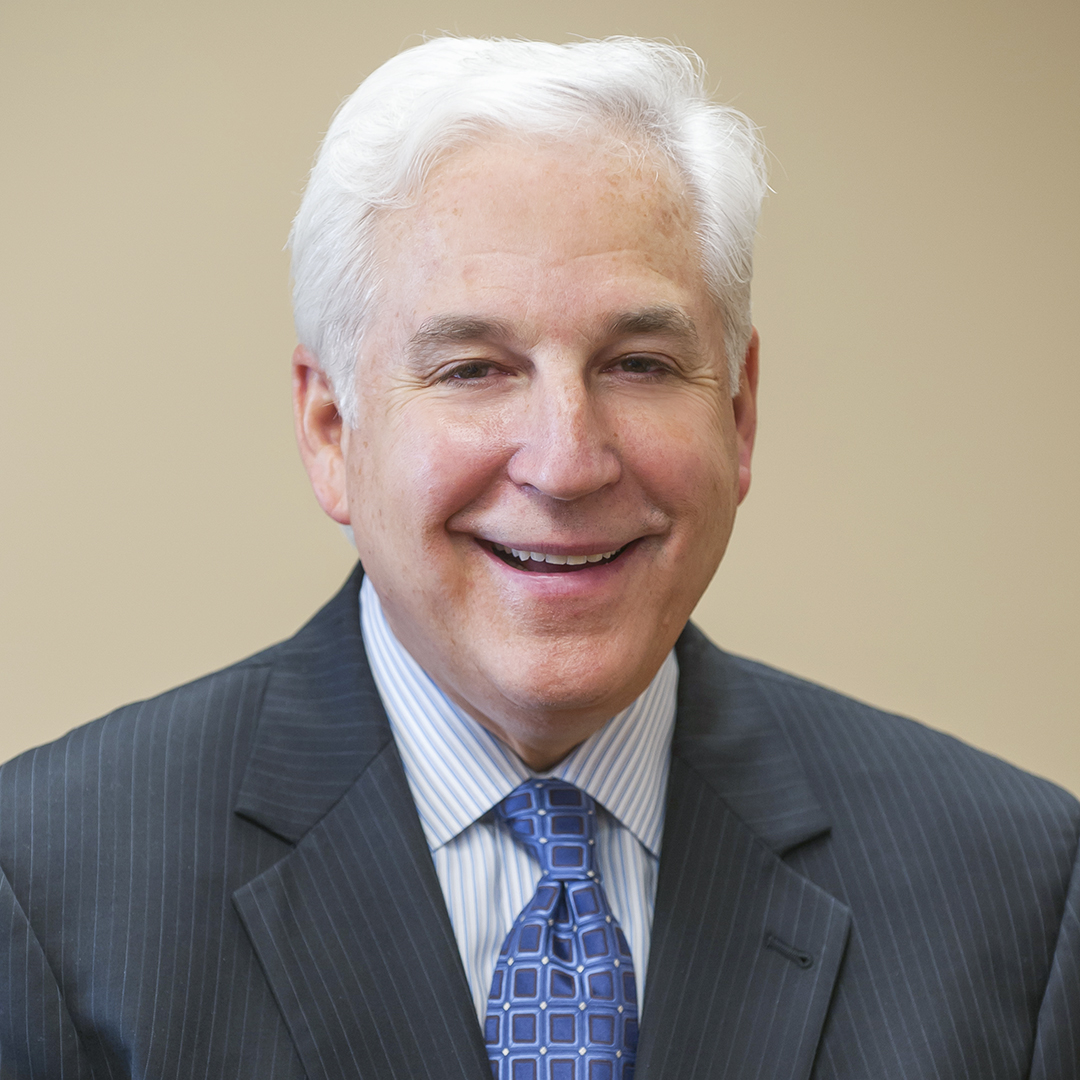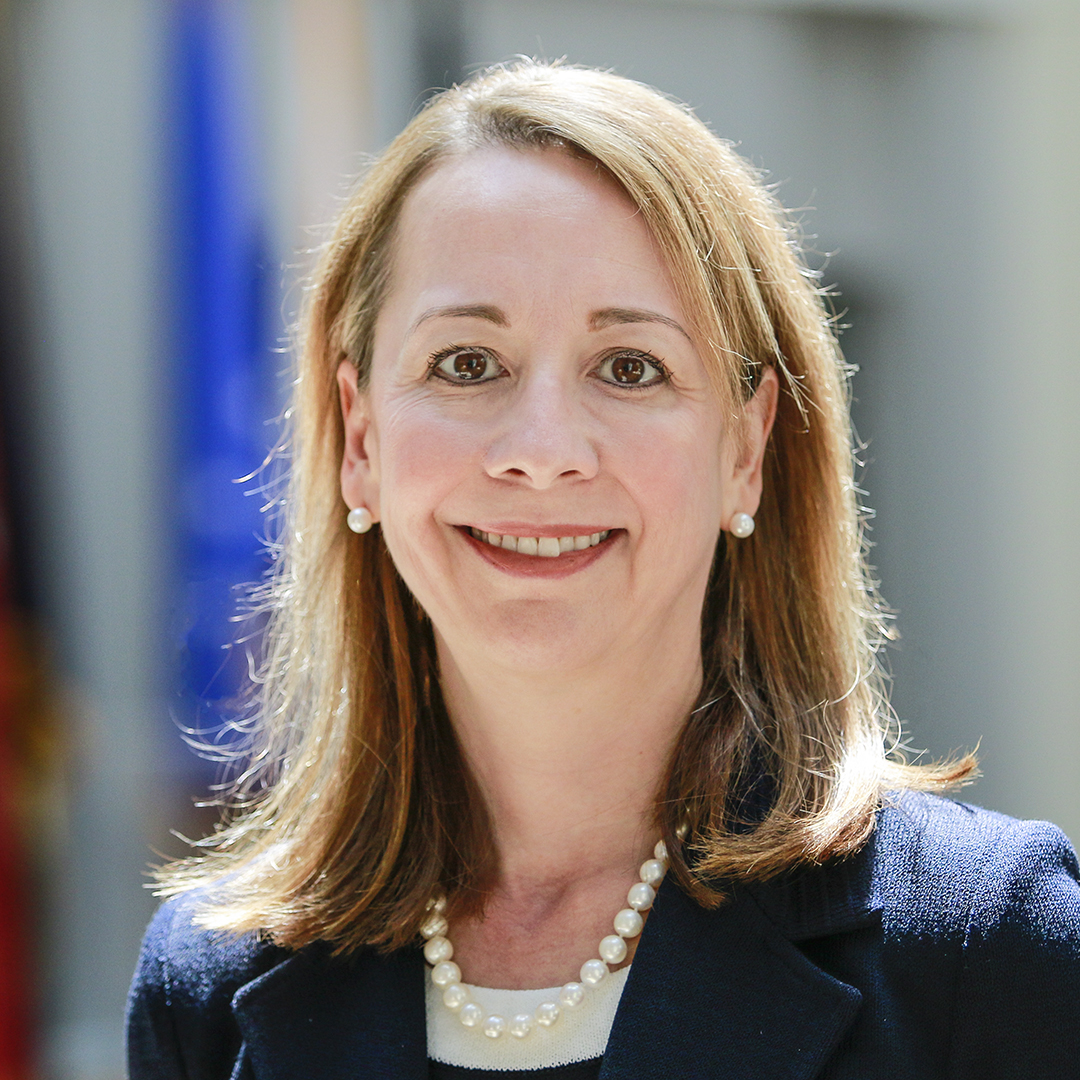Stephen M. Paskoff, Esq., founder, president, and CEO of ELI, Inc., is creating cultural change in workplaces all across the country.
Paskoff has always been interested in civil rights, and he’s been talking about Civil Treatment® for nearly thirty years. He worked for the Equal Employment Opportunity Commission (EEOC) as an investigator while at the University of Pittsburgh Law School and landed a position as trial attorney at the EEOC following his graduation. Investigating discrimination claims for the US government was “incredibly exciting and meaningful,” says Paskoff. “It’s still one of my very best assignments.”

Later in his career, Paskoff was asked by his management law firm to begin conducting supervisory training with clients. To him, it was an opportunity to host highly animated legal discussions by merging his legal expertise with his experience in speech and debate, acting, and radio. But the more Paskoff spoke to the firm’s clients, the more he realized he needed another approach.
“No matter what I did, too many were just looking up at the sky,” Paskoff explains. “So I thought I’d try something different. I started creating short hypotheticals and developing a more interactive approach. I tried to play devil’s advocate and get them to see that while people may kid around about behavioral infractions all the time, that doesn’t mean it’s OK.”
While this approach was more effective in terms of audience engagement, Paskoff soon discovered a much more serious problem—the unfortunate reality that people are often resistant to the mere idea of changing their behavior. “People will say, ‘This is the way I was trained’ or ‘I’ve always done it this way,’” he says.
The issue with that mind-set, Paskoff notes, is that it not only prevents organizations from delivering the best results and recruiting the best people but also creates an environment where people can’t do their best work. And in industries like healthcare, that type of environment can threaten lives, cause complications, and undermine research projects.
“I was asked to conduct a special session for a cardiac surgeon group many years ago,” Paskoff remembers. “My colleague and I interviewed surgeons, anesthesiologists, and allied health professionals. Among them were nurses who refused to work for two talented surgeons due to their abusive behavior. One nurse told me she would rather be a combat nurse on the front lines in Iraq than work for one of these doctors. I met anesthesiologists who delayed speaking up immediately about changes in a patient’s vital signs to avoid being screamed at and insulted by the surgeon in charge. They thought it would be better for the patient to wait for the surgeon to notice the changes himself than to risk an outburst, which could have disrupted the team and potentially worsened the situation.”
“Yet when I delivered my report to a senior executive in charge of these subjects, he said, ‘Well, this isn’t race, religion, national origin, or any other legal issue, so I guess we’re OK,’” Paskoff continues. “And it hit me—I knew it already, but it hit me again—that there’s something wrong here. Unfortunately, many organizations have focused just on illegality, forgetting that other behaviors can have a toxic or even fatal effect.”
That mentality, Paskoff points out, is also at the root of the #MeToo movement and other behavioral workplace issues. “#MeToo is saying that we have to have an environment where talent can be realized, to benefit the individuals in question as well as the public they serve,” Paskoff says. “In healthcare, #MeToo is extraordinarily impactful in terms of who’s going to be moving into key positions, how they’re going to be treated, and what that all means for patients. It’s about saying, ‘Your behavior is interfering with our ability to leverage the best services, research, and results for our patients and members of the public.’”
“It needs to be a cultural change, not a cosmetic change . . . It has to be embedded in the cultural DNA of the organization.”
Today, ELI helps organizations better serve their employees and the public through its wide range of workplace training and consulting services. ELI provides client-tailored learning initiatives that teach leaders and employees alike how to commit to changes in workplace culture, communicate clearly about those changes, establish consistent consequences for misbehaviors, and foster a sense of continuity. The company counts, among its many clients, top healthcare institutions such as Johns Hopkins, the National Institutes of Health, the CDC, the National Science Foundation, the US Department of Veterans Affairs, Washington University School of Medicine, and senior living companies like Erickson Living.
“We are human beings; we make mistakes. That’s to be expected,” Paskoff says. “But I hope that when we fall short of our values, people speak up and take the necessary steps toward real change. In healthcare, where outcomes such as complications, mortalities, talent loss, and burnout are at stake, it’s imperative that they do so.”

